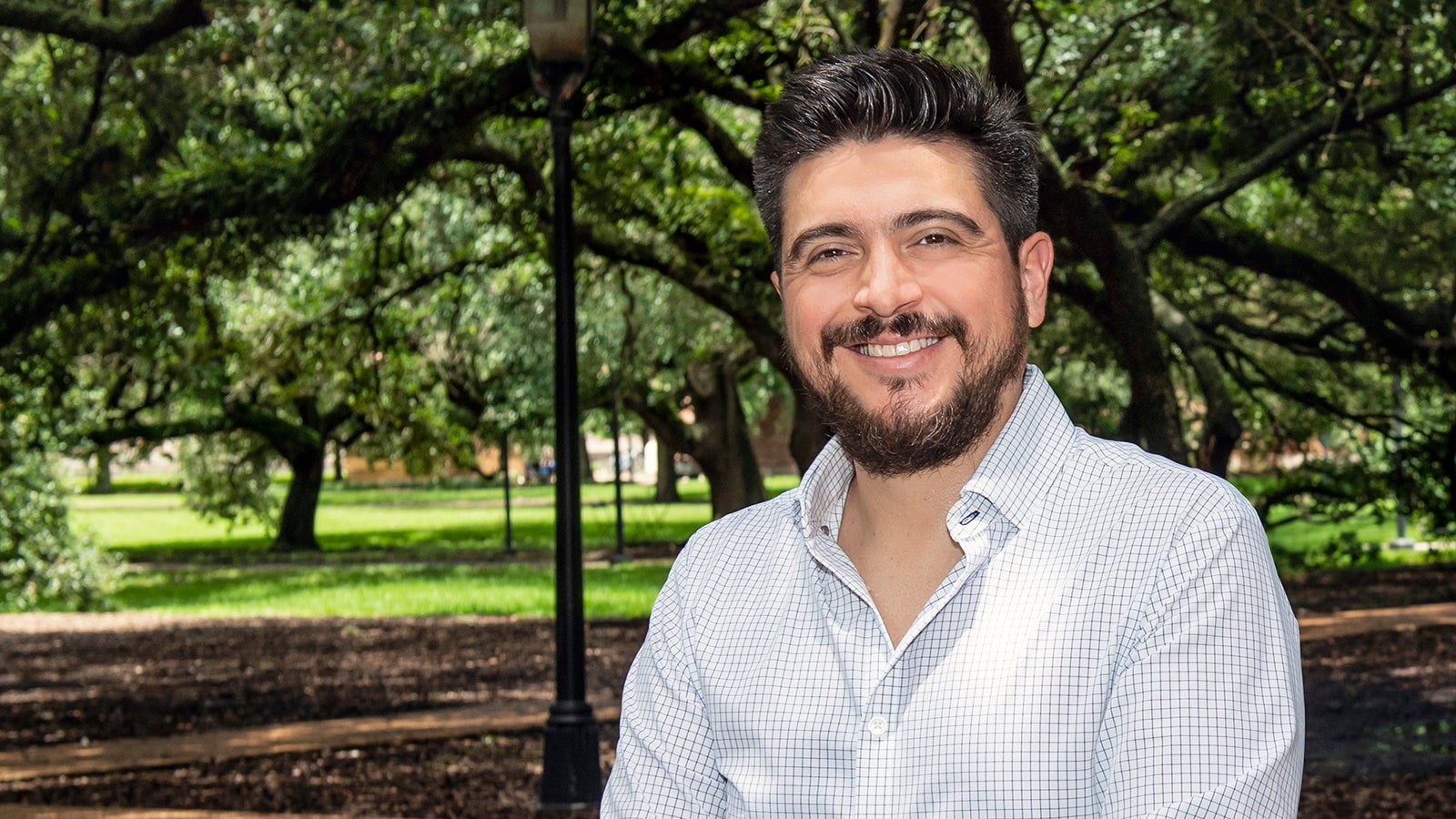Rodrigo Ferreira has joined Rice’s Department of Computer Science as an assistant teaching professor. He was previously a postdoctoral researcher in technology, culture, and society at the Rice Academy of Fellows. He has a PhD in Media, Culture, and Communication from New York University (NYU).
“Rodrigo Ferreira is an expert in ethics and societal impacts of computing, and I'm especially pleased to have him contribute to the new Master of Data Science," says Chris Jermaine, chair of Rice’s Department of Computer Science.
"For too long, computer scientists have developed society-altering software (think Google and Facebook) without thinking too much about the consequences. This can't go on,” says Jermaine. “Soon, having an expert in ethics and societal implications like Rodrigo will be mandatory for every CS Department. We're very excited to be leading in this area."
Ferreira will be teaching various courses in technology and ethics to both undergraduate and graduate students and be responsible for developing ethics-related curricula across the department, including modular content for use by students and faculty in specific research areas such as AI/ML, Data Science, and Engineering. In collaboration with fellow computer science faculty member Moshe Vardi, Ferreira has developed “Deep Tech Ethics” as a pedagogical approach that seeks to orient computer science education toward greater focus on affective care, historical power inequalities, and social justice.
“From the start, it was clear to me that Rice CS was an excellent fit for my particular skills and vision for the role of ethics in computer science,” says Ferreira. “Some CS departments have tended to outsource this labor to other disciplines, making the claim that computer scientists should not be responsible for teaching ethics or social issues. Unfortunately, one major consequence of this decision is that students in those circumstances have ended up receiving a disjointed educational experience – they might learn about ethics in philosophy, about social justice in history, and about colonialism in literature or cultural studies programs, but they might never have the opportunity to bring their insights together or to apply them to their research and interests in computer science,” says Ferreira.
“A significant part of what made Rice such an appealing opportunity for me is the fact that Rice already has some of the most outstanding faculty and programs in these areas in the humanities and that the CS department is committed to collaborating with them. Beyond teaching ethics to CS students, a significant part of my new position will also be helping to strengthen existing ties between CS and other departments and helping to create greater synergies across university-wide efforts and initiatives on ethics and social justice.”
“As I’ve frequently discussed with my new colleagues, teaching ethics is not just about delivering a single stand-alone course to students on popular media concerns or present social topics, but about encouraging students to critically reflect on the social impact of technology throughout their entire academic career,” Ferreira continues. “In this sense, I believe that teaching ethics is about delivering an integrated experience to students. It is about making sure that they encounter both historical and contemporary questions about ethics and technology and, crucially, that they do so not only in an abstract classroom environment, but in direct relation to their everyday experience as technology users and in their professional aspirations as technology developers. For me, teaching ethics in computer science is not just about helping those students that are interested in creating more impactful technology, but about helping them to create more impactful technology for the public good.”
Prior to earning his PhD, Ferreira received a Masters in Humanities and Social Thought from NYU in 2014 and a Bachelors in Philosophy and Psychology, also from NYU, in 2009. In addition to his pedagogical practice and research, he recently translated late Mexican-Ecuadorian philosopher Bolívar Echeverría’s Modernity and Whiteness to English (Polity 2019) and co-authored a public policy recommendation report on “AI Ethics” as part of the Mexican National AI Agenda.

